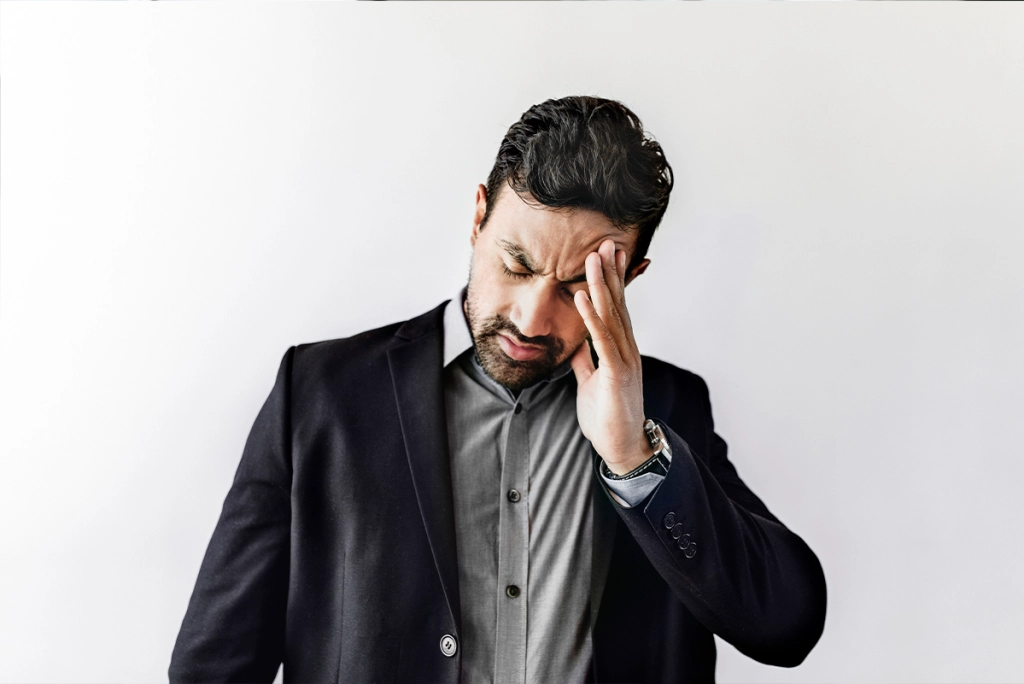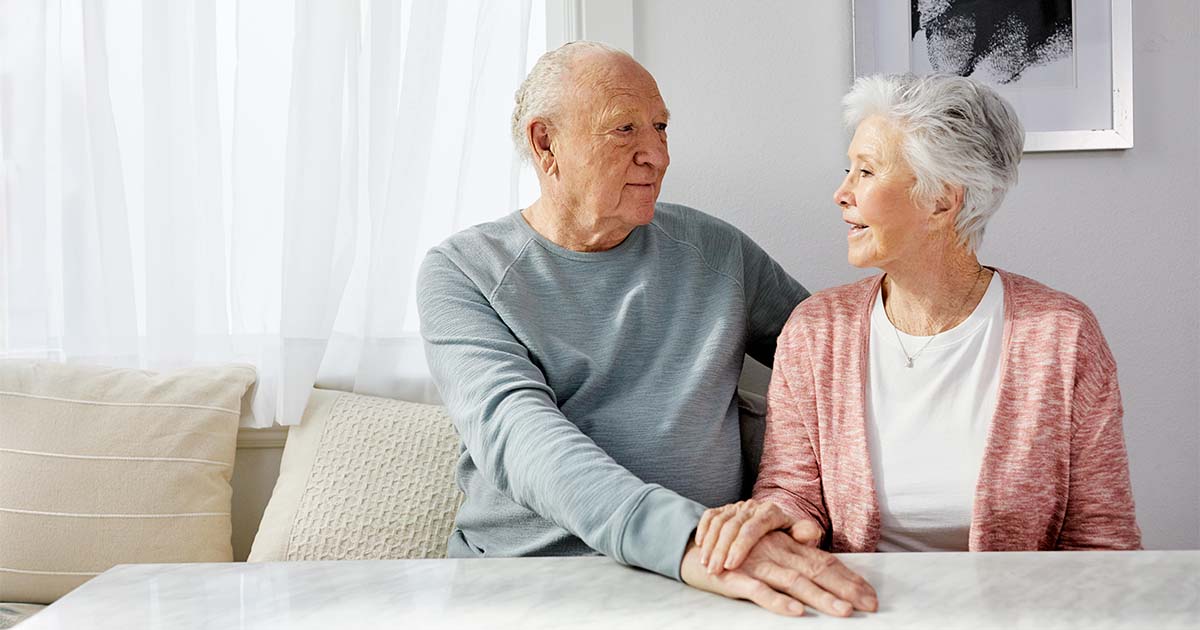Have you ever gotten up too fast and felt a little “off” when first standing up? This feeling of being lightheaded, woozy or unstable is commonly referred to as dizziness. So what causes dizziness?
Dizziness can happen from time to time due to dehydration, low blood sugar or simply moving too quickly. It can also be the result of viral or bacterial infections within the ear or allergies that cause changes to fluids or pressure in the ears.
Balance problems can also progress as we age. Fewer hair cells in the inner ear can be a cause of dizziness as well as vision loss. Muscle strength also weakens as we age, which can decrease range of motion, slow reflexes and reduce coordination.
However, if you feel dizzy or unsteady by a simple movement such as rolling over in bed or bending over, it could signal a problem in your vestibular system.
What is the vestibular system?
The vestibular system helps us keep our balance when walking across a room, stepping off a curb or walking on uneven surfaces. When all parts of this system aren’t working well, it can cause dizziness, imbalance, hearing problems and nausea.
This system works with the joints and muscles in our spine to make small changes in our posture that help us stay balanced. This happens when the brain gets messages from our inner ears and eyes, as well as the muscles, joints and skin. The brain quickly processes these messages and tells our muscles what to do to keep us from falling.
The most common vestibular disorder
Benign paroxysmal positional vertigo (BPPV) is one of the most common vestibular disorders. BPPV causes approximately 50% of dizziness in older adults. In half of all cases, BPPV happens for no known reason.
BPPV occurs when tiny calcium crystals collect within the inner ear that cause vertigo, dizziness and other symptoms. Trauma, infection and aging can cause these crystals to detach from the utricle, an organ within the inner ear, and collect in one of the ear’s canals. When you move your head, these crystals also move, sending false signals to the brain that cause dizziness and other symptoms.
BPPV is often noticeable when moving your head, getting out of bed or rolling over. Some people also feel dizzy and unsteady when they tip their heads to look up. It’s common for these symptoms to have no set pattern.
The Epley maneuver is one of the most common and effective ways to treat BPPV. A physical therapist will perform a series of head and body movements, and will watch the eyes closely with each movement.
The goals is to move the detached crystals out of the canal through these movements. The Epley maneuver has a high success rate and BPPV is unlikely to occur again, but some cases may need additional treatment.
Eye-head coordination
The vestibulo-ocular reflex (VOR) stabilizes your vision when you move your head. If you have a vestibular disorder, it may affect your vision and balance.
A well-working vestibular system allows you to stabilize the eyes and the body during head movements through use of the VOR. Lack of eye coordination with movement can cause dizziness and blurred vision.
Vestibular weakness causes dizziness
The vestibular system extends to both sides of your head. When the vestibular system weakens, it can happen on one or both sides as a result of injury, infection or problem within the inner ear. Vestibular weakness can also cause blurred vision, especially when turning the head quickly.
Many people will avoid laying down in bed, using rocking chairs or turning quickly to avoid the dizziness associated with vestibular weakness. The imbalance can be so severe that in order to avoid falling, you may need a walker or cane.
How exercise can help
Regular physical activity that improves muscle strength, range of motion and balance can reduce some symptoms that come with aging. Staying active and following a daily walking program are two ways to minimize problems with balance.
Physical therapists can also work with you to develop an exercise program. These exercises are designed specifically to help reduce symptoms that negatively affect balance.
Exercises can help:
- Your brain and body work together to keep you balanced.
- Coordinate your eye and head movements to reduce dizziness.
- Teach the brain to ignore false signals by repeatedly exposing it to the things that cause dizziness, decreasing your symptoms over time.
Some exercises may temporarily cause your symptoms to increase because the body and brain are adjusting to the new movements. With time and consistent practice, your body will coordinate these signals better, which can ultimately improve your balance and reduce dizziness.
Talk to your physician or health care team if you are experiencing any of these symptoms as they can refer you to a physical therapist to help you with your dizziness and balance problems.
Social Share
At Enhabit our patients are our number one priority. From providing the latest medical practices to building deep personal connections, we’re focused on upholding every patient’s dignity, humanity and sense of control on their health care journey.
Home health
Our home health services give patients access to the care they deserve in the comfort of their own homes. From disease and injury management to recovery from surgery, our clinicians help patients confidently achieve their healthcare goals.
Hospice care
Our hospice care services place importance on the comfort of every patient living with a terminal illness. Our caring professionals are dedicated to providing not just physical care, but spiritual and emotional support to every patient and their loved ones.

 Back to Resource library
Back to Resource library




